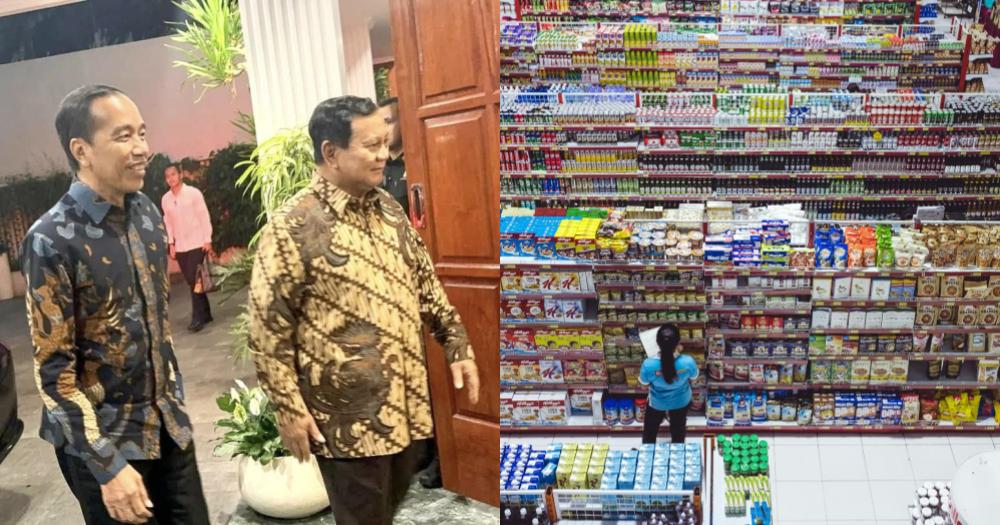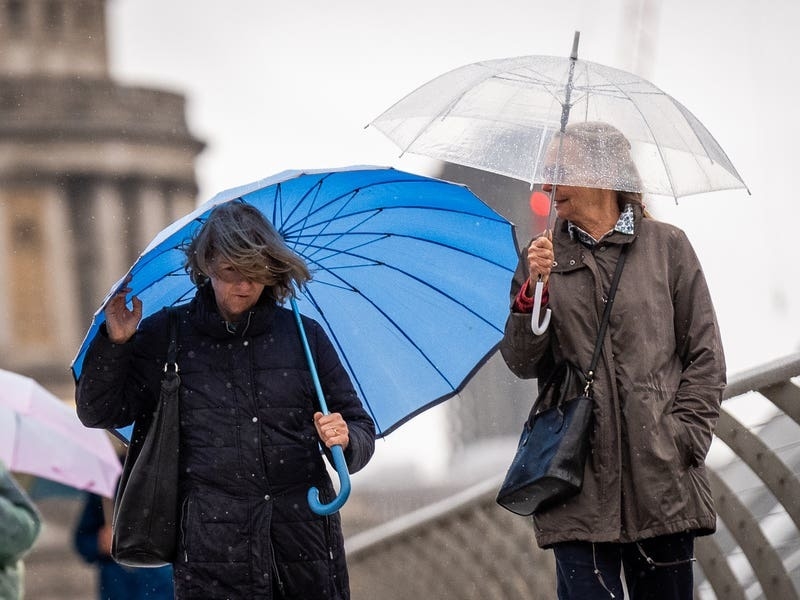
Indonesia's Value-Added Tax (VAT), the equivalent to Singapore's Goods and Services Tax (GST), is slated to hit 12 per cent at the start of 2025, matching it with the Philippines as the highest in Southeast Asia. However, according to Prabowo Subianto, the newly inaugurated president, the 1 per cent increase will only be applied selectively for "luxury goods". One per cent increase Indonesia's VAT was initially set at 11 per cent for sales of goods and services, but Reuters reported that in December 2024, Indonesia's government confirmed it would increase VAT by 1 per cent.
This is the latest increase in recent years, with VAT being increased from 10 per cent in April 2022 to 11 per cent. Indonesia's government said that the 2024 increase was needed to "improve the structural health of the budget" and that the Indonesian State Bank expected that it would only have a "small impact on growth". The exact details of the increase are due to be released this week, according to Coordinating Minister for Economic Affairs Airlangga Hartarto.

Airlangga is one of the senior politicians that Prabowo has retained for his predecessor Joko "Jokowi" Widodo's government, and has headed his ministry since 2019, and was previously the minister of industry. Re-reviewed The tax increase was first mooted in March 2012 by the former president, and its retention, along with that of ministers like Airlangga is a reflection of Prabowo's commitment to Jokowi's legacy. But Indonesian commentators are understandably apprehensive about the upcoming tax hike, as reported by The Jakarta Post , which quoted local stakeholders as saying that the increase should be "re-reviewed".
The Post quoted the Indonesian Employers Association's chairperson as saying that the VAT increase would "put serious pressure" on spending power, and could slow down economic growth. This sentiment was echoed by experts asked by the Indonesia Business Post, who warned that the tax hike could dissuade Indonesians from spending, actually lowering tax revenue rather than increasing it. Staple exemption According to Indonesian newspaper Tempo , Prabowo has now responded to these concerns.
While Prabowo has said that he intends to retain the tax hike, but that its implementation would be selective, forgoing an increase on basic needs and targeting luxury goods. However, a full list of the affected or exempted goods has yet to be released. Some key staple goods such as food, and some education and healthcare-related items are entirely exempt from VAT.
When the VAT hike goes through, it will tie Indonesia with the Philippines as having the highest sales tax in Southeast Asia. The Philippines already has a 12 per cent VAT, with almost all Asean countries implementing some version of sales tax except for Brunei. Top image via Prabowo Subianto/Facebook & Bernard Herman/Unsplash.











